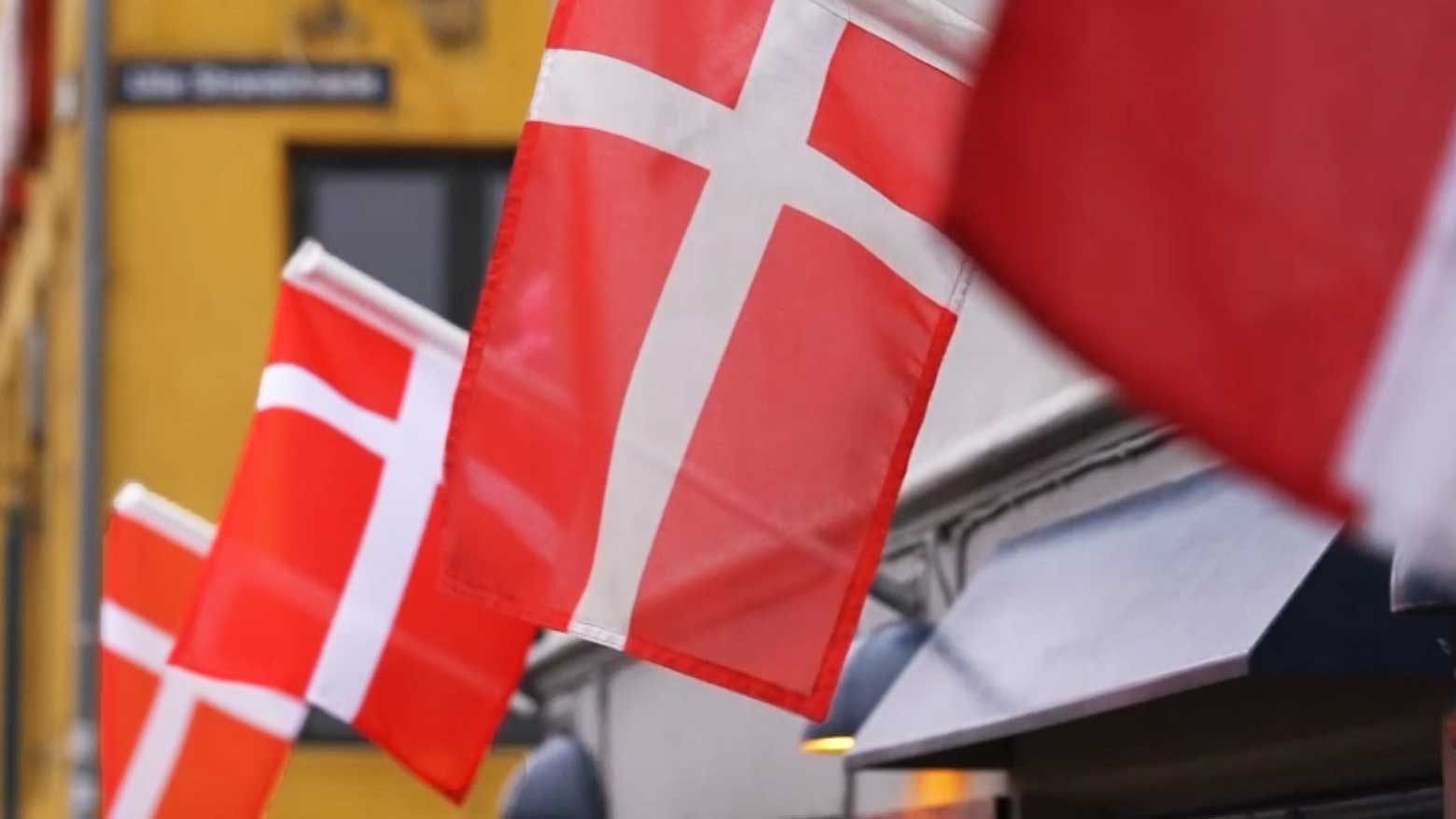Denmark was the first country in the EU, and one of the first in the world, to drop almost all COVID restrictions. Danes no longer have to wear masks indoors or worry about limits on crowd sizes.
The rules changed on February 1, while Denmark was registering around 50,000 new cases a day -- a record in a country of just 5.8 million people.
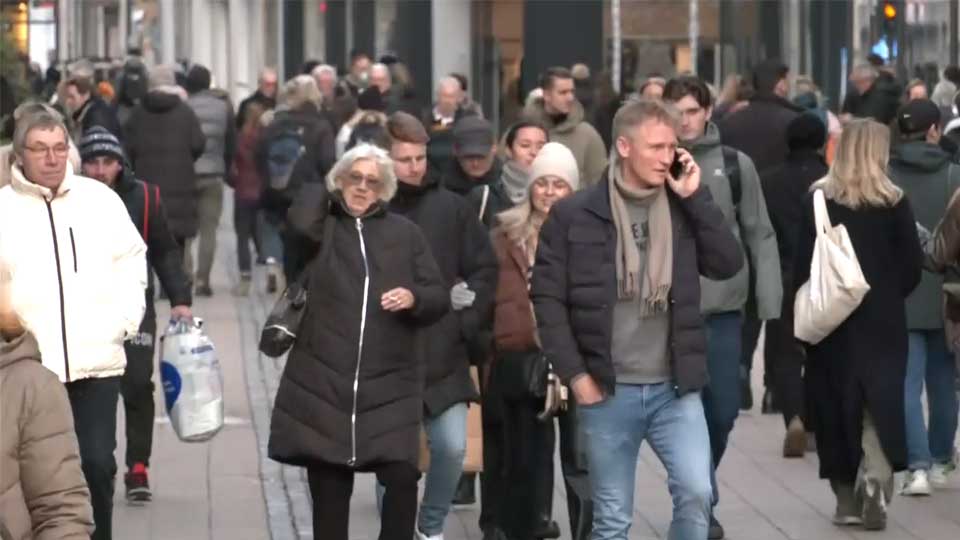
The decision raised eyebrows around the world, but early data suggests it has not led to a spike in cases.
As of late February, the country was reporting around 30,000 new infections each day. That represents a drop of almost 50 percent compared with the start of the month, although this is also partly due to decreasing testing activity.
Authorities say the sharp decline is evidence the population is moving to what is referred to as hybrid immunity -- an immune response gained from a combination of natural infection as well as vaccines.
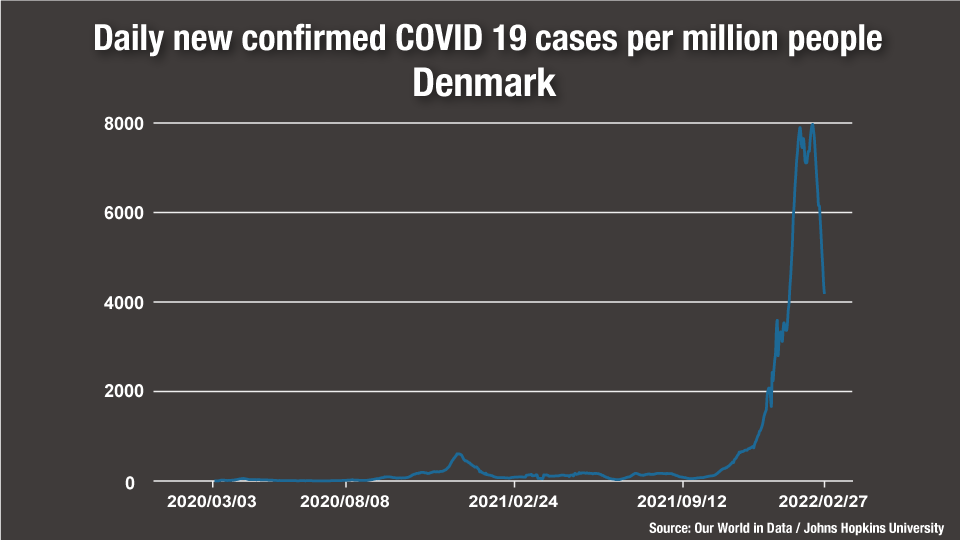
Covid no longer "socially critical"
Denmark has one of the highest vaccination rates in Europe. More than 80 percent of the population has had at least two vaccine shots. Among the elderly, the rate is well over 90 percent. And since the variant sweeping through the country is the highly infectious but less severe omicron strain BA.2, the number of people in intensive care units has actually decreased through the recent surge -- a major factor behind the government’s decision to declare that COVID-19 is no longer a "socially critical disease."
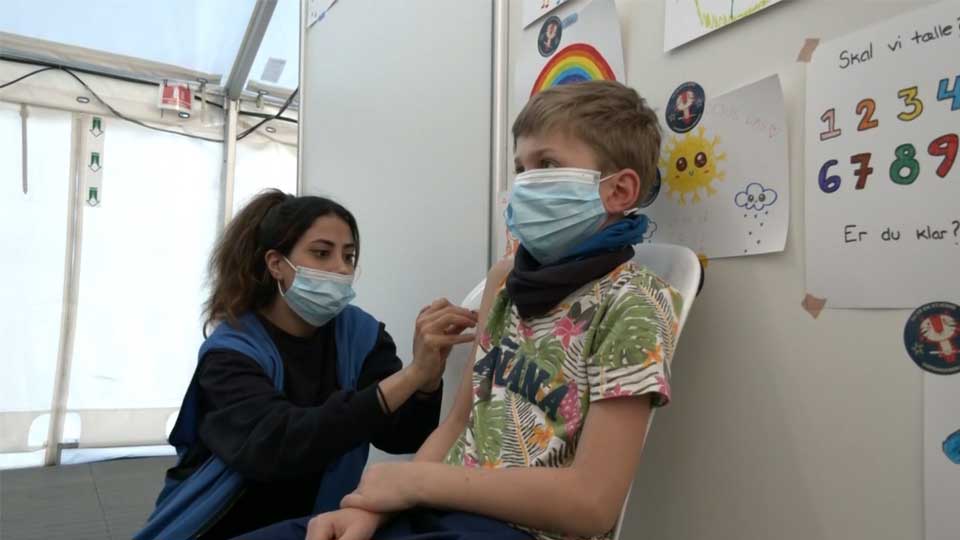
Under Danish law, the government can only impose restrictions once it has categorized a virus as a threat to the functions of society. According to Henrick Ullum, CEO of the government-affiliated Statens Serum Institut, there was no longer a justification for that designation.
"From the legal side of things, it was evaluated that you could not really say that with good immunity and with a milder variant, that Covid-19 was threatening our society," he says.
Public support
The Danish public appears to agree that abandoning the restrictions was the right move.
Just 28% of more than 1,000 people surveyed in a recent poll for state-owned news channel TV2 said they were "concerned" about the shift, while more than 60% believed it was safe.
Most of the people NHK spoke to said they back the government approach.
"So far they seem to be right, and they're very open about communicating why they are doing different things, so yeah, I would absolutely say I trust them," says Mikkel Gjøl, a graphics programmer and father of two.
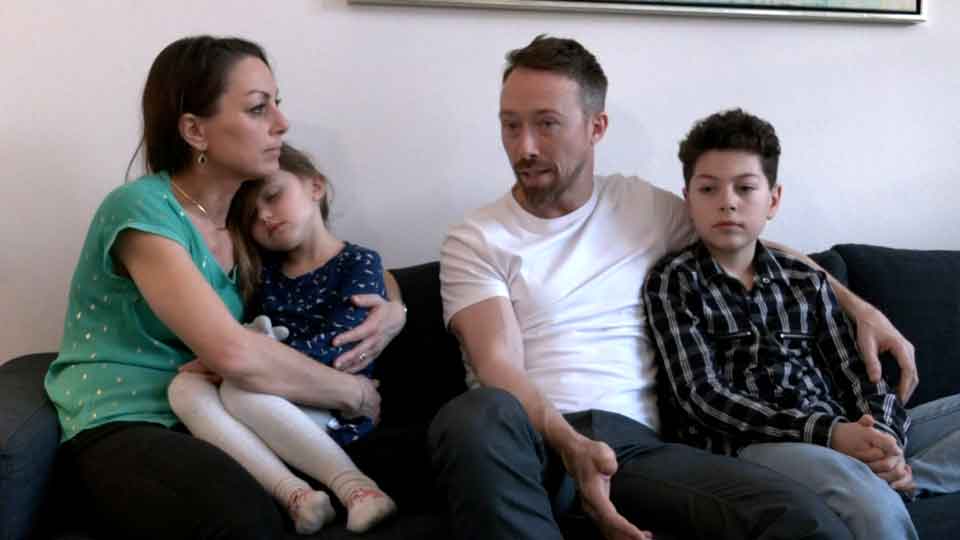
At the Copenhagen International School, Director Sandy Mackenzie says they have registered approximately 400 cases of COVID among staff and students so far this year -- more than one third of the school population. But he says the high vaccination rate means it has had a relatively benign effect.
"People are recovering very quickly, tending to have mild symptoms," he says.
Credit the free testing
Denmark’s healthcare system has outperformed that of other countries partly because of widespread free testing and rapid results. Graphics programmer Gjøl says his family of four has taken around 180 COVID tests (PCR and rapid antigen) in the past year.
But mandatory testing is one of the rules that has been dropped. Lone Simonsen, Professor of Epidemiology at Roskilde University, says some people may feel uneasy about that, but she argues it’s an inevitable step in the progression to moving out of the pandemic phase, and something that society should adapt to.
"If you have an influenza-like illness, you will be told probably to stay at home and you will never know," she says. "Very few people would get tested for that. That's kind of the normal. It has been abnormal that we knew that everybody had COVID at every moment."
But Simonsen warns that COVID still poses some risk to Danish society. "If I was to have one remaining concern, it is about the older people", she says. "Only 10 percent of them are known to have been infected with Omicron, and we don't know what that means."
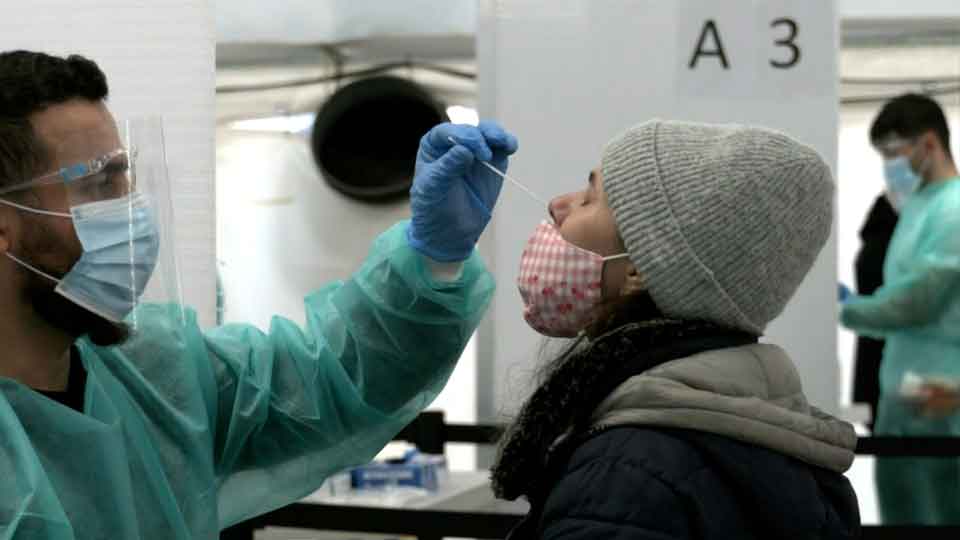
One of the last remaining COVID-related rules in Denmark is that all elderly care home staff must take a PCR test at least once a week and visitors must show proof of a negative test before arriving.
For any country, changing people’s perception of COVID -- from being a "socially critical disease" that requires people to adjust their behavior, to a relatively benign illness akin to the seasonal flu -- requires a broad level of public trust. Danish officials say the easing of restrictions does not mean that they cannot respond to threats that may lie ahead.
"If a new, more infectious variant, or more dangerous variant will occur, we will react accordingly", says Ullum of the Statens Serum Institut.
With pressure growing to ease restrictions elsewhere, governments will be watching Denmark closely to see if the strategy will pay off.
